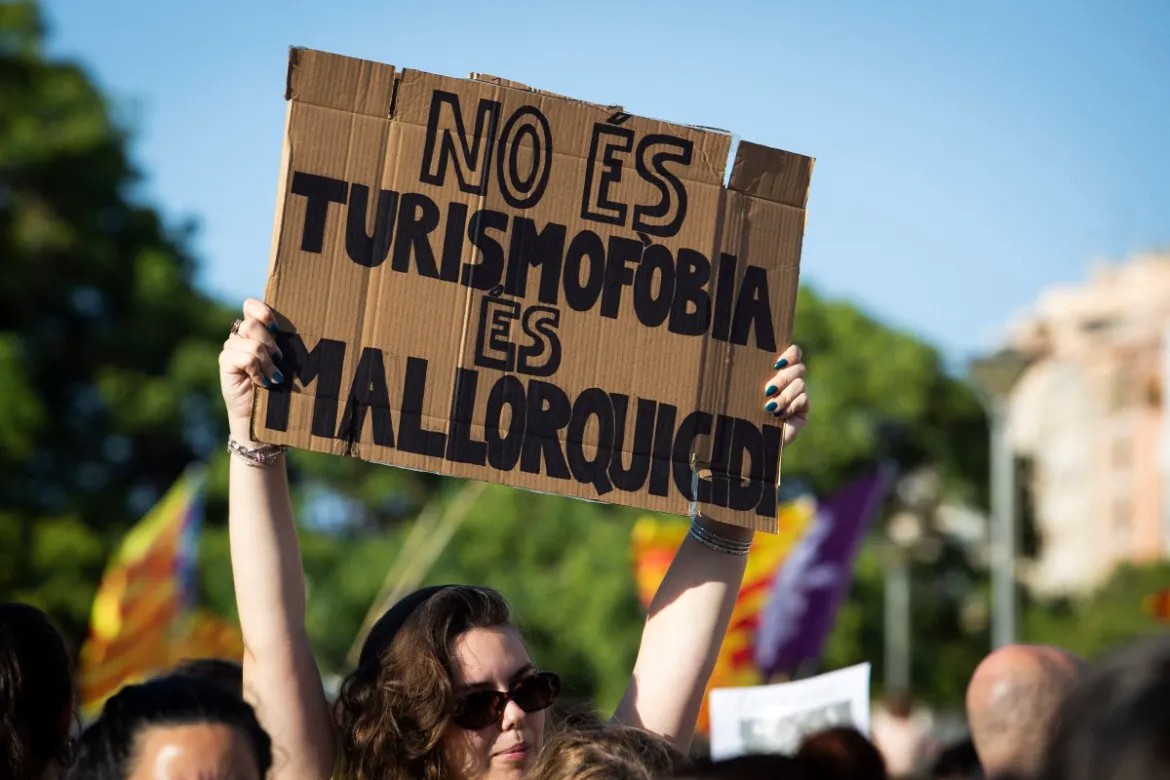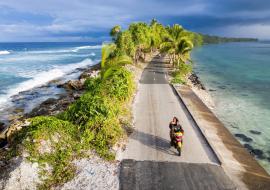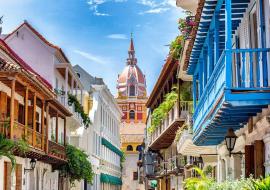Majorca’s Tourism Plummets Amid Escalating Anti-Tourism Protests

Majorca is facing one of its most turbulent tourism seasons in decades, as rising anti-tourism protests shake the island’s reputation as a top Mediterranean getaway. Once a magnet for millions of international visitors, particularly from the United Kingdom, the island is now grappling with a sharp downturn in arrivals and mounting uncertainty across its hospitality sector.
Over the summer, activists have staged increasingly bold demonstrations, ranging from street marches to the placement of fake danger signs on popular beaches warning tourists to stay away. These tactics, combined with a wave of resentment expressed in viral campaigns, are fueling a climate of hostility that many business owners say is driving visitors elsewhere.
The economic impact is already evident. Restaurants, bars, and beach clubs are reporting revenue losses of up to 20%, even during what should have been the peak of the high season. Hoteliers and shopkeepers warn that the negative image—coupled with restrictions such as bans on drink deals and happy hours—has made the island less appealing compared to rival destinations in Greece, Portugal, and Turkey.
Tensions came to a head with mass protests drawing more than 50,000 people to the streets, calling for strict tourism caps and a shift toward a new economic model that reduces dependence on mass tourism. Locals argue that unchecked visitor numbers have fueled overcrowding, strained resources, and driven up the already high cost of living, making it increasingly difficult for residents to remain on the island.
Business associations warn that unless measures are taken to rebuild confidence, many small enterprises could face permanent closure. “We are seeing loyal customers hesitate to return, and the uncertainty is devastating for seasonal workers and family-run establishments,” one hospitality leader said.
In response, both government officials and industry leaders are urging immediate dialogue and action to defuse tensions. Proposals under discussion include diversifying the economy, tightening sustainable tourism policies, and launching campaigns to counter the island’s deteriorating image abroad. Stakeholders agree that restoring stability is critical to protecting the island’s position as one of Europe’s premier travel destinations.














